Psychology
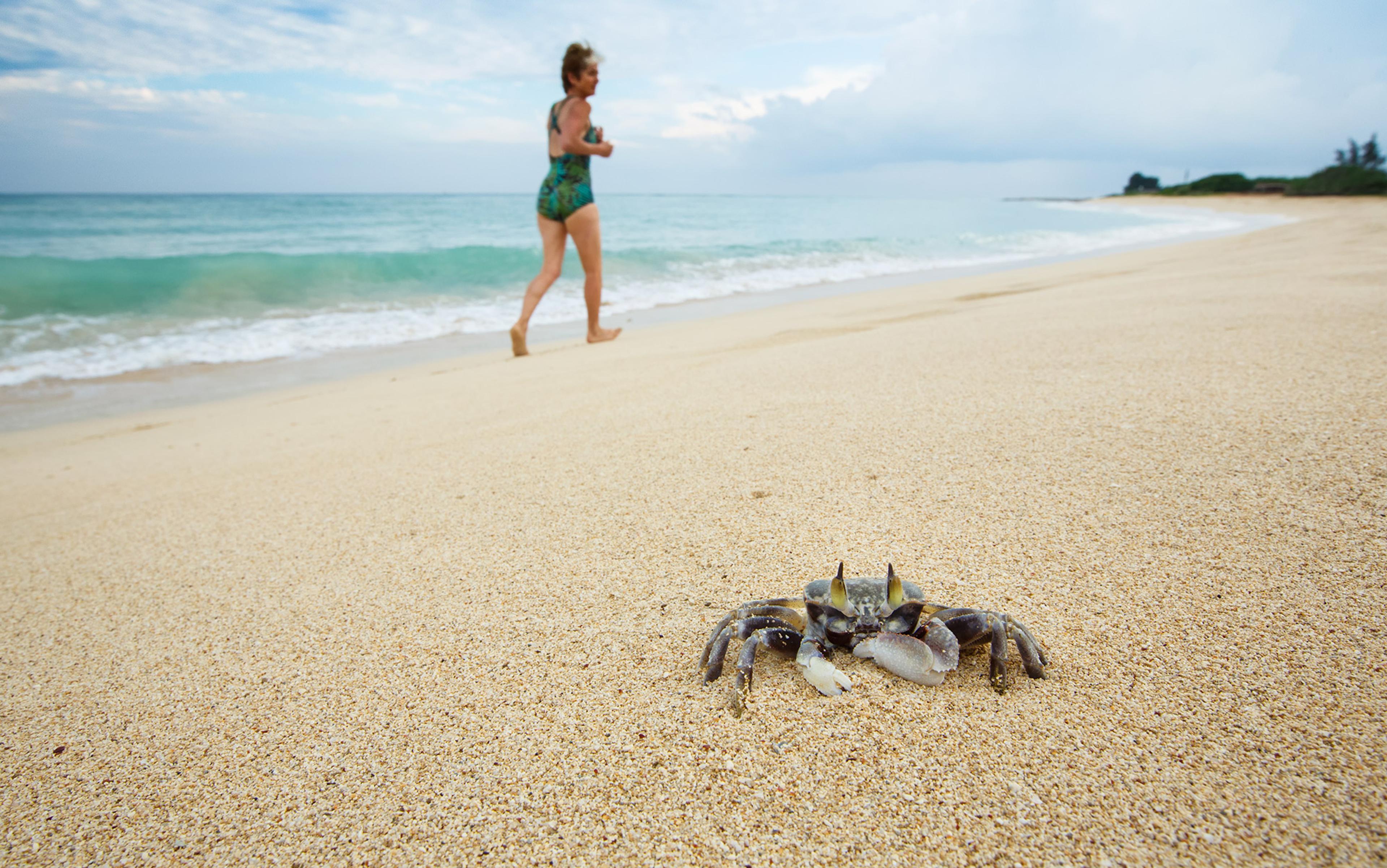
essay
Philosophy of mind
What is it like to be a crab?
Consciousness science should move past a focus on complex mammalian brains to study the behaviour of ‘simpler’ animals
Kristin Andrews
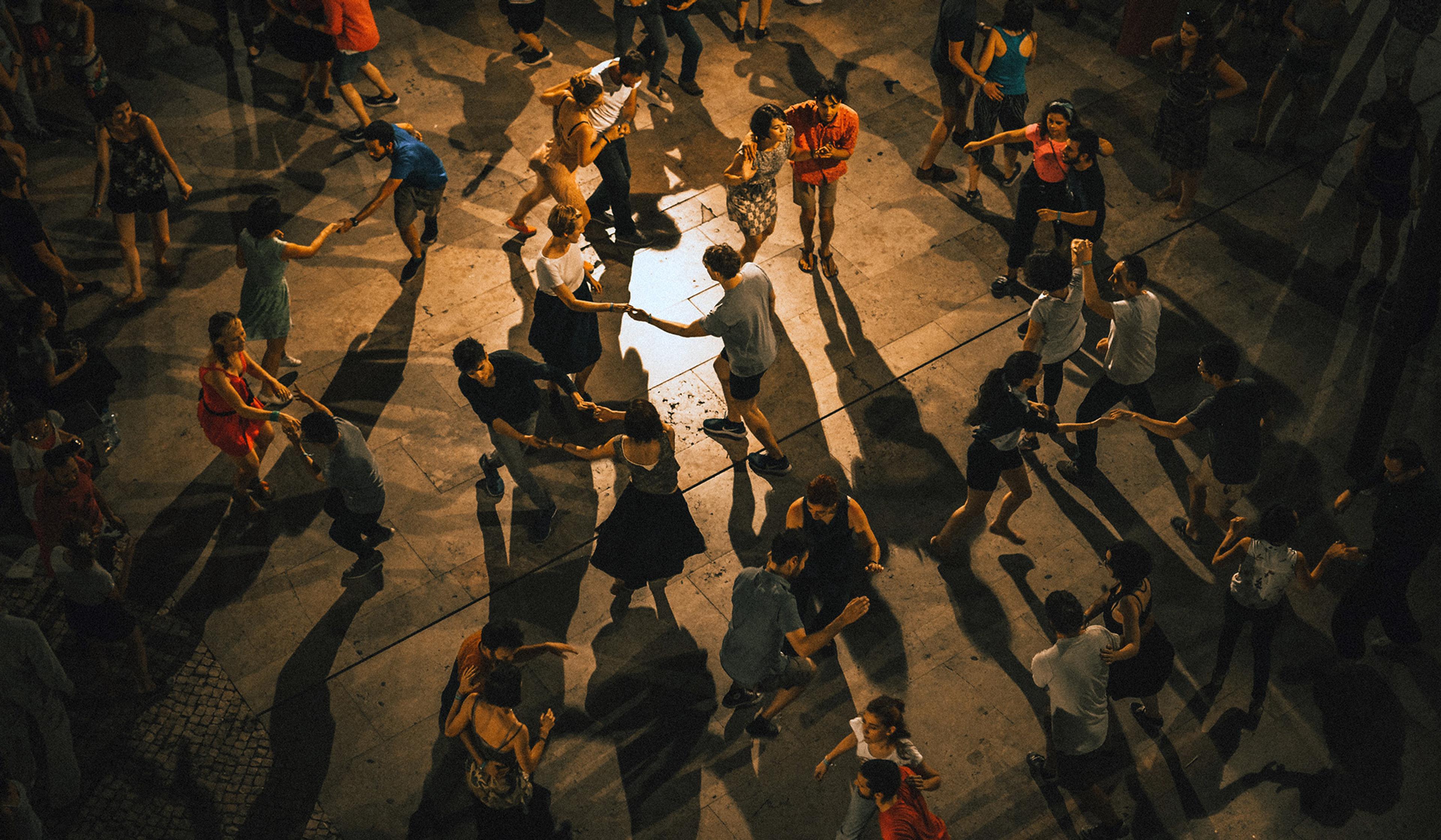
video
Mood and emotion
An Oceanic lullaby, ‘Gimme Shelter’ and more elucidate how music taps into our emotions
58 minutes

essay
Consciousness and altered states
Déjà vu
Have you been here before? The eerie sensation is the shadow of your mind searching inward for clues to its own survival
Anne Cleary
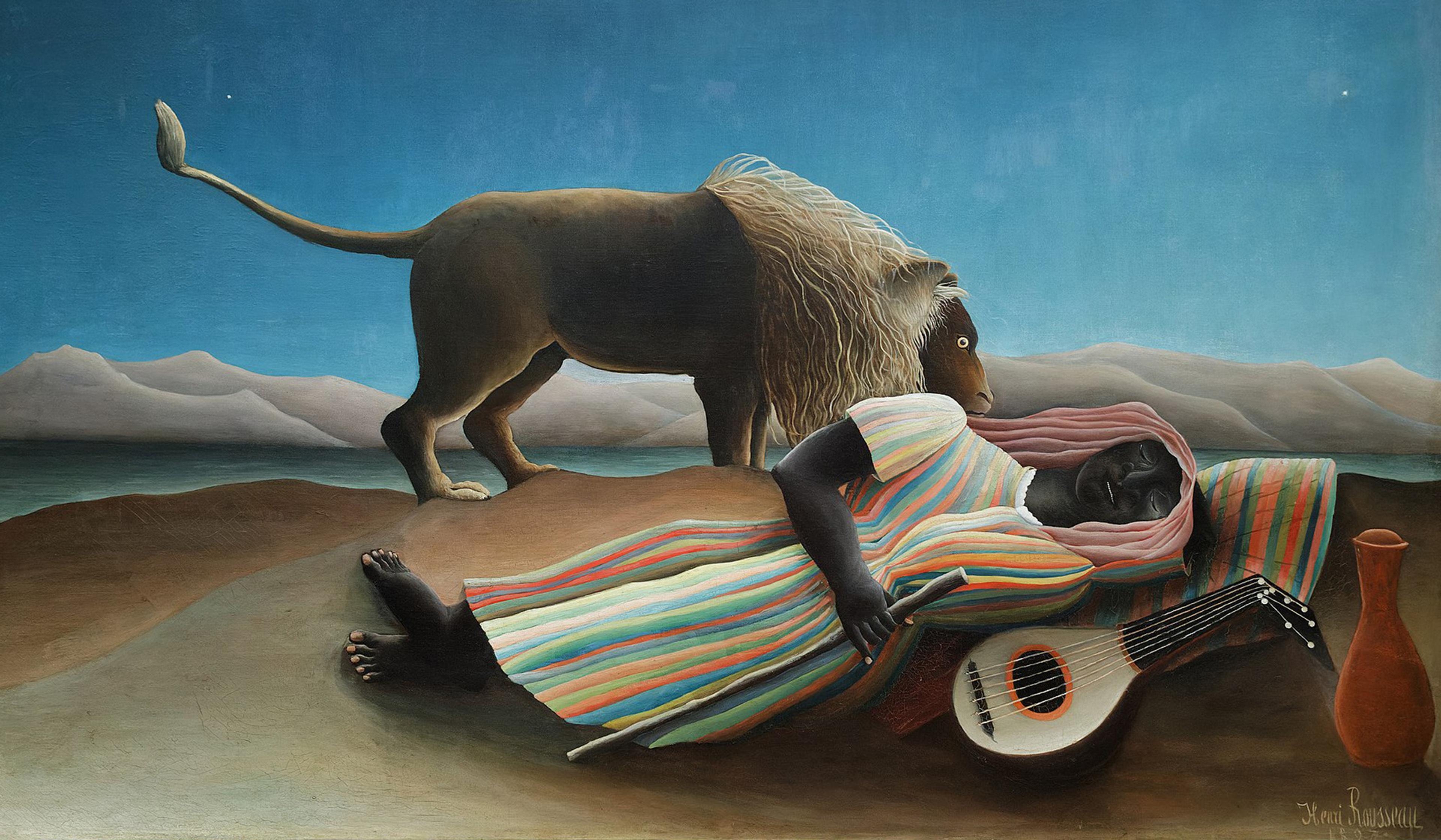
video
Sleep and dreams
How might the dreamworlds of other animals differ from our own?
8 minutes
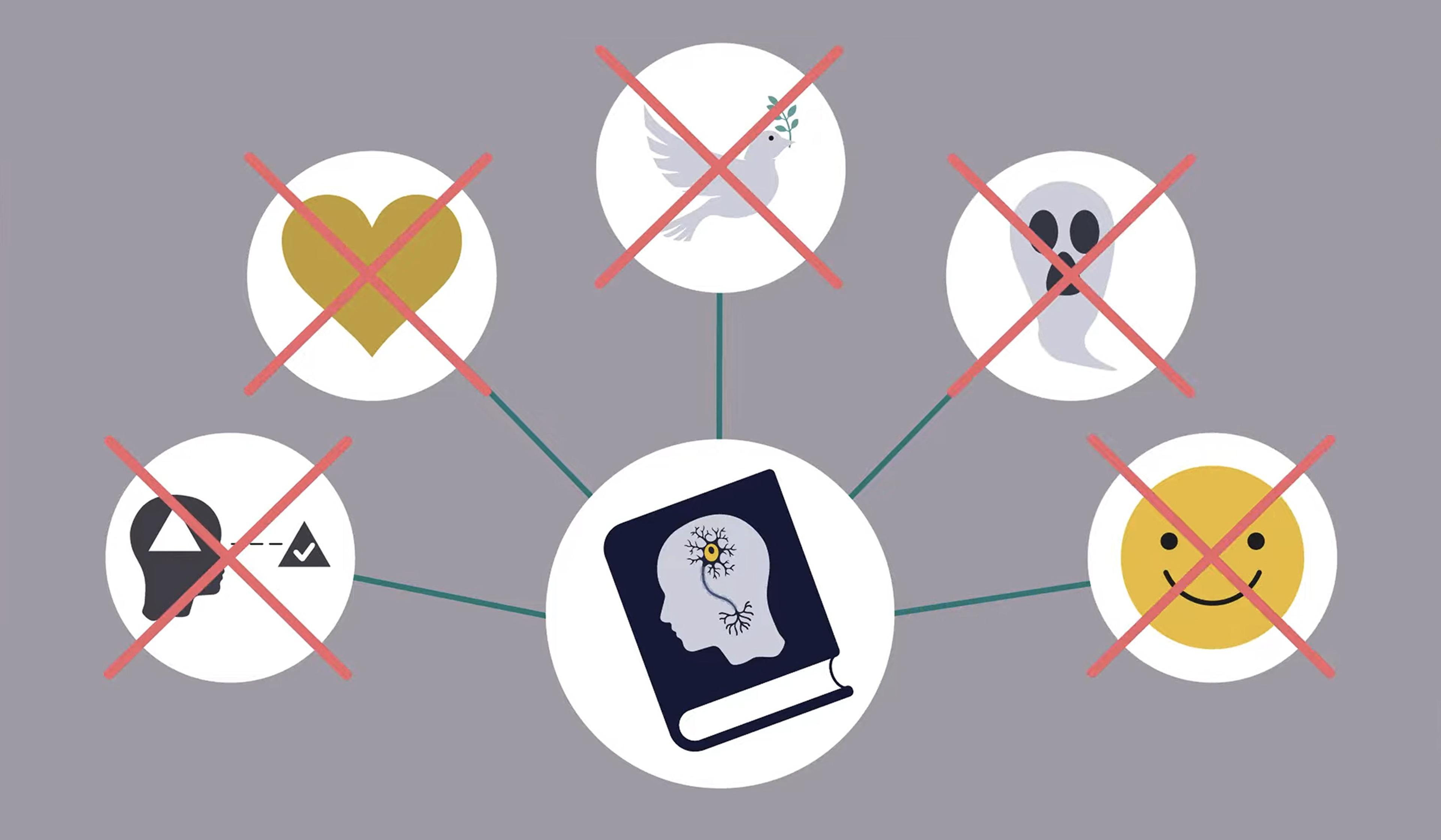
video
Philosophy of mind
Do we have good reasons to believe in beliefs? A radical philosophy of mind says no
5 minutes
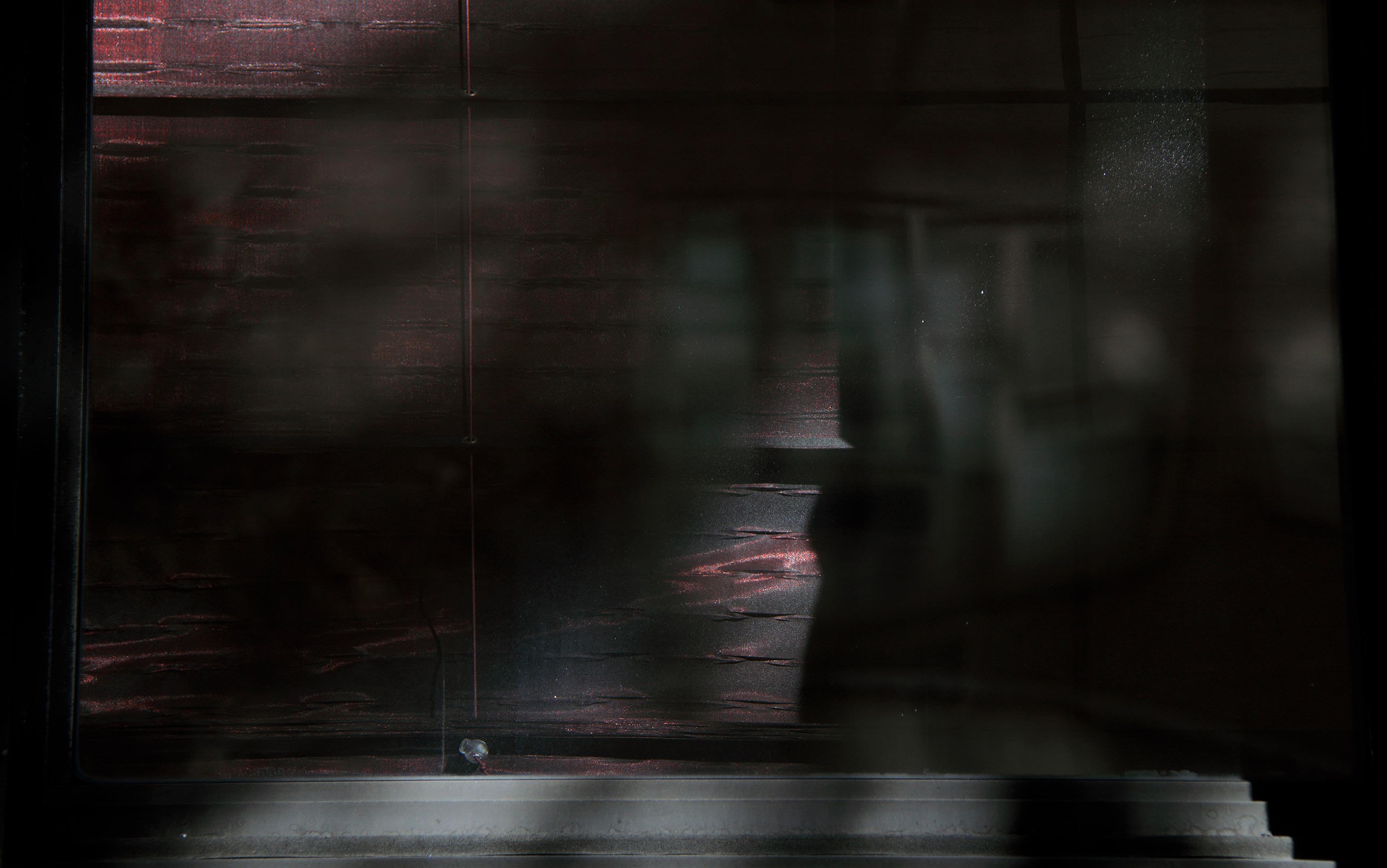
essay
Neuroscience
A thickness in the air
The spooky sensation that someone or something else is right there haunts us all. But what does this felt presence mean?
Ben Alderson-Day
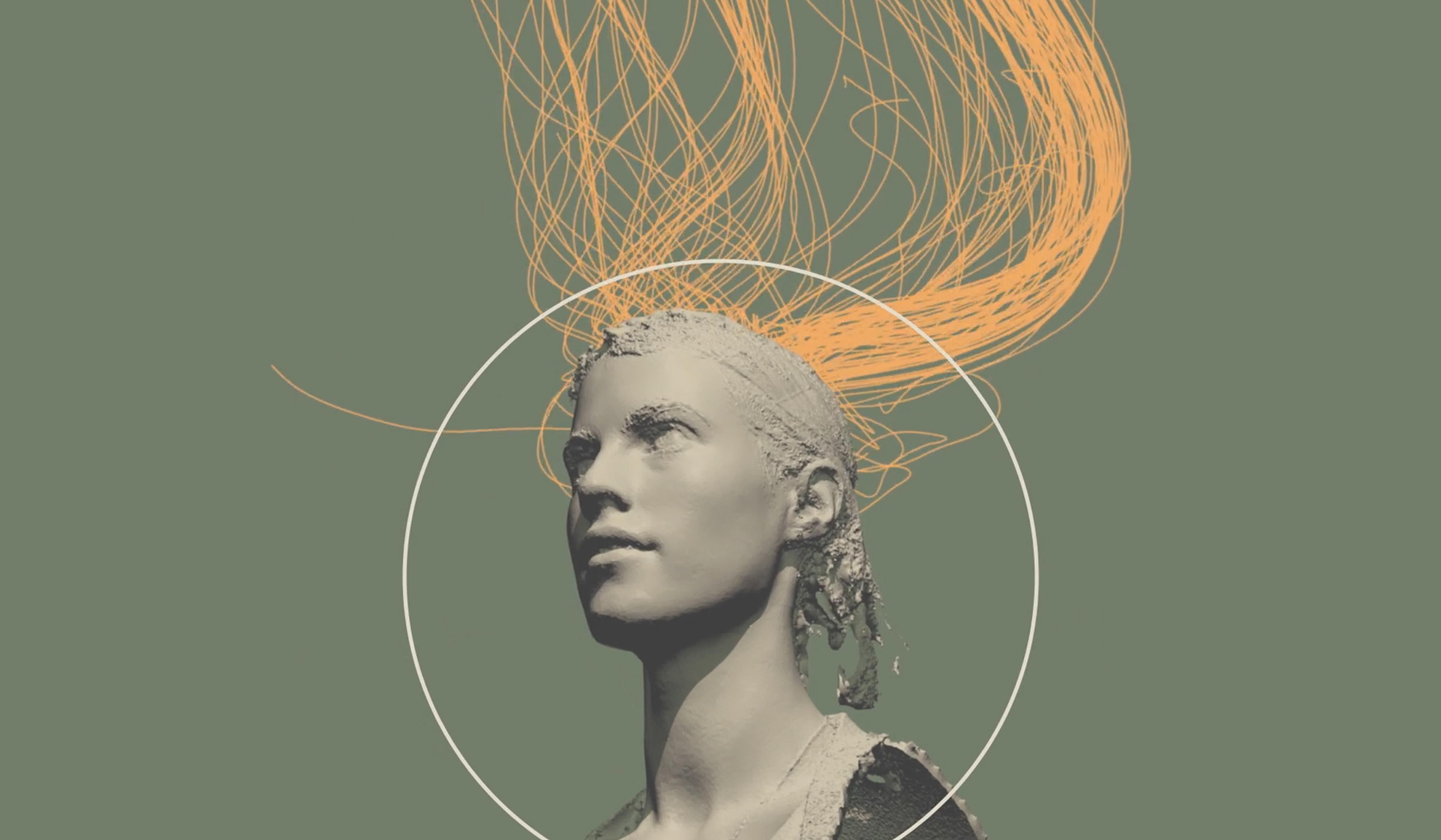
video
Philosophy of mind
We may never settle the ‘free will’ debate, but tapping into it is still worthwhile
32 minutes
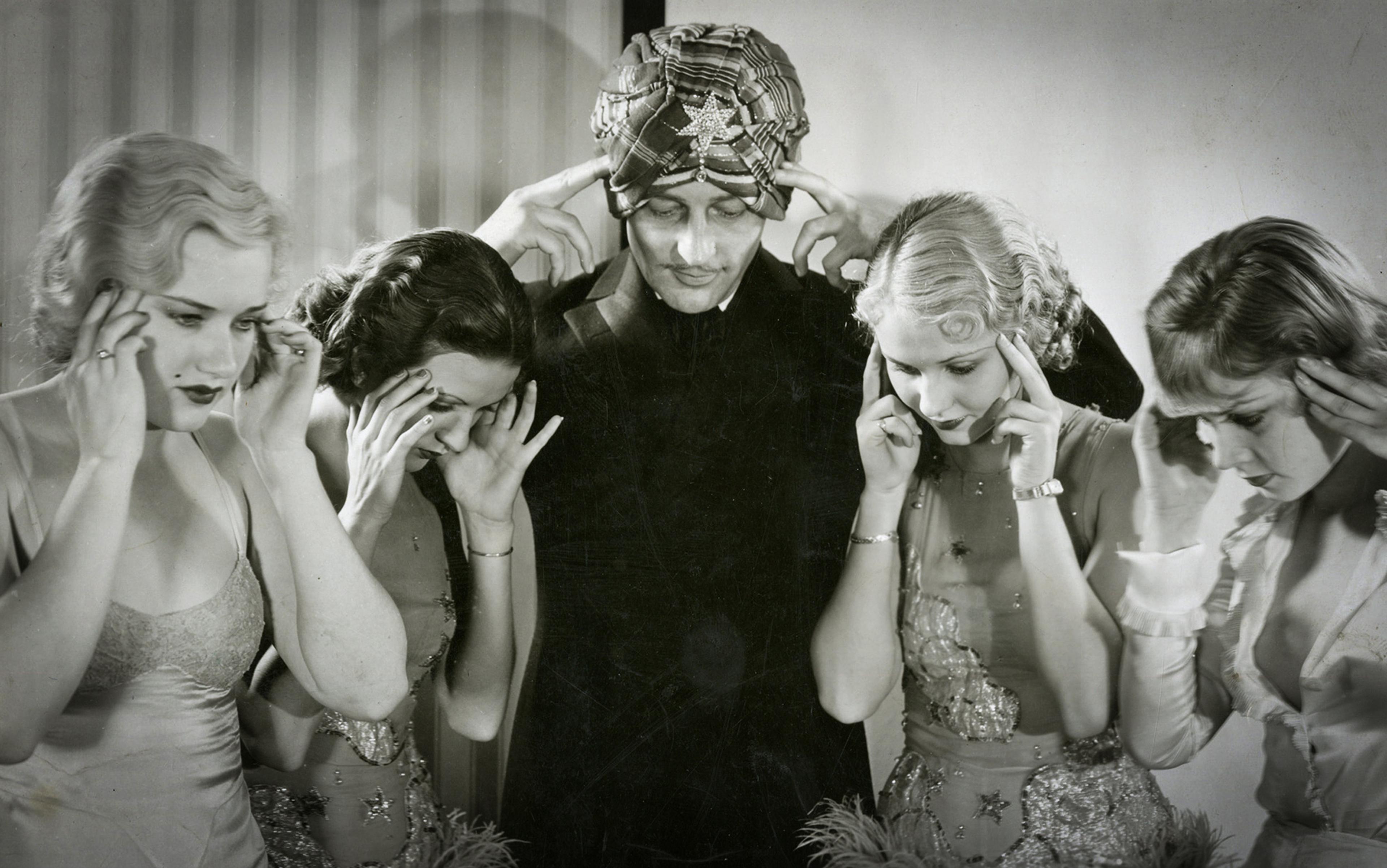
essay
Philosophy of mind
Super-cooperators
Clear and direct telepathic communication is unlikely to be developed. But brain-to-brain links still hold great promise
Gary Lupyan & Andy Clark
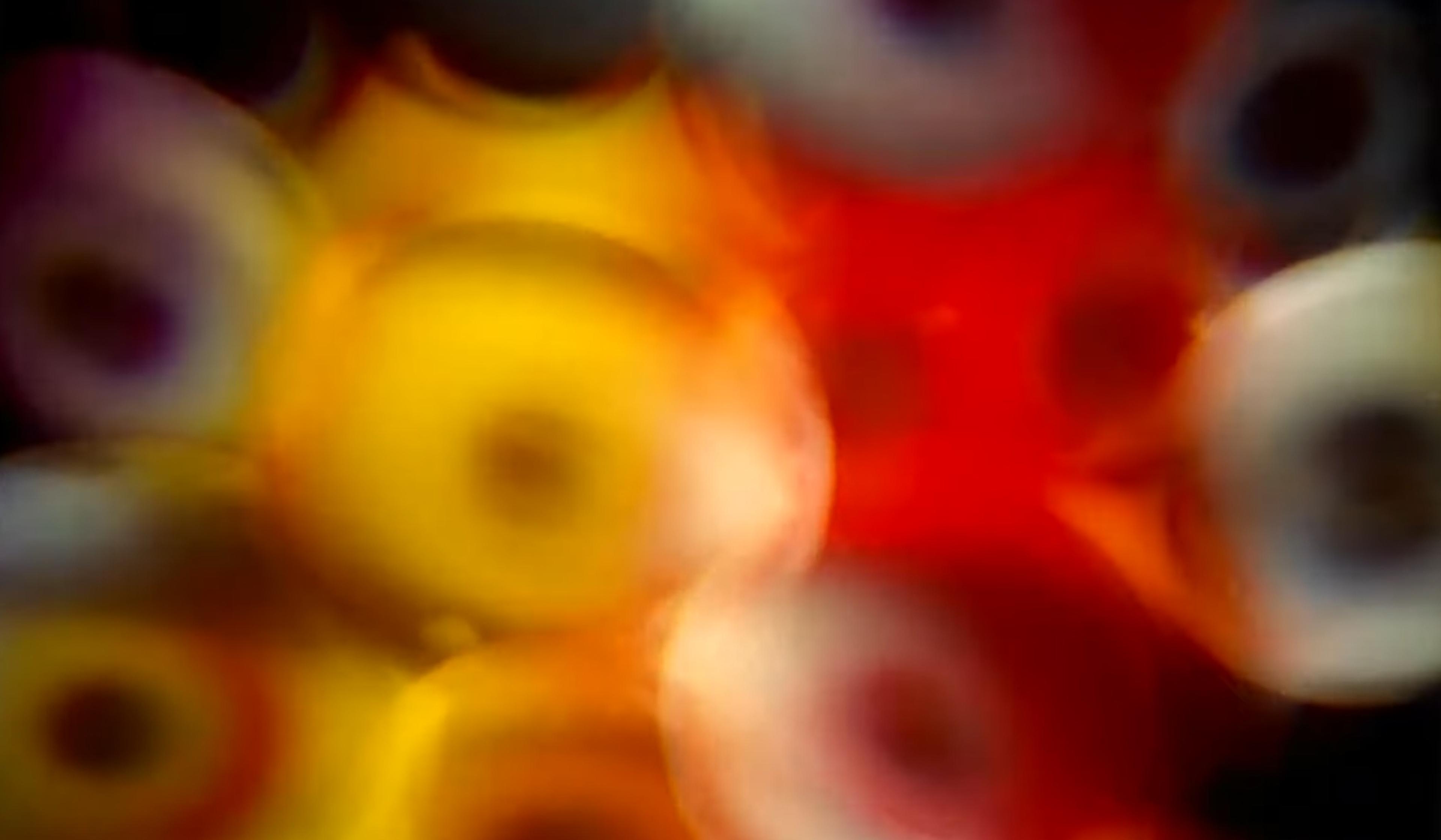
video
Ageing and death
Death is a trip – how new research links near-death and DMT experiences
9 minutes
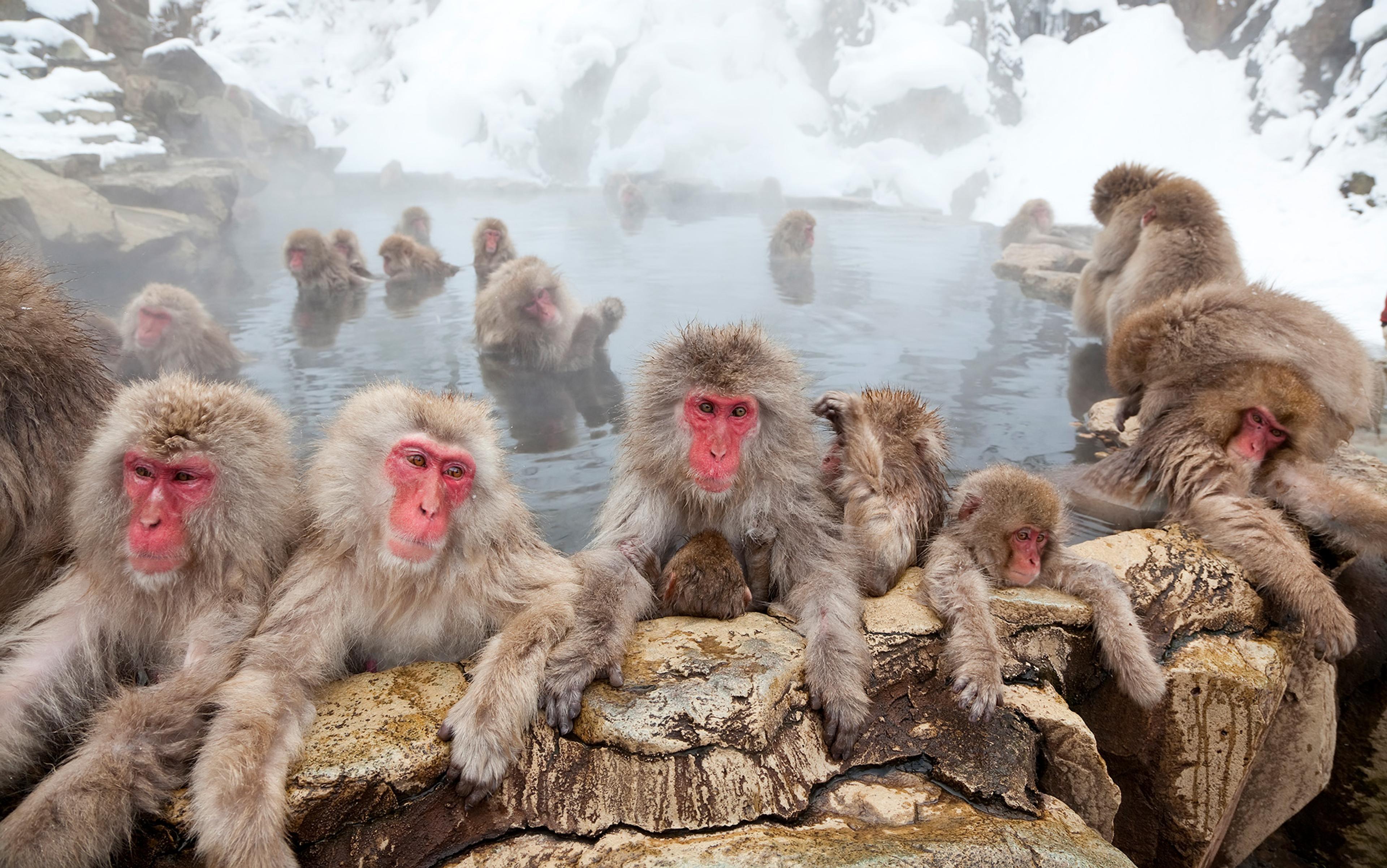
essay
Evolution
Connected-up-brains
Bat friends, monkeys sharing, and humans holding hands: the brains of social animals synchronise and expand one another
Sofia Quaglia
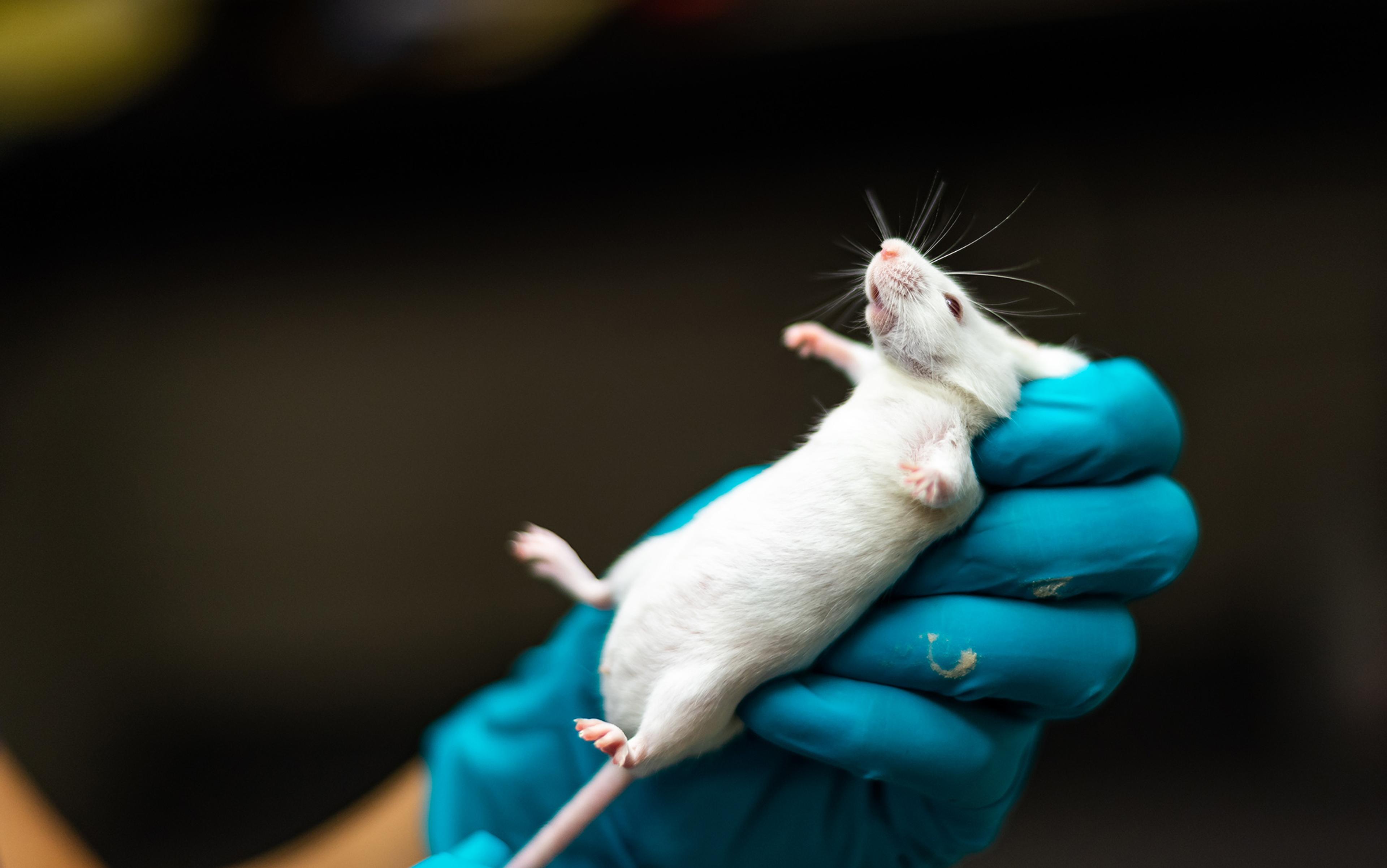
essay
Animals and humans
Freefall into darkness
Scientists study animals to illuminate human psychology. So why are we blind to the mental lives of our caged subjects?
Garet Lahvis
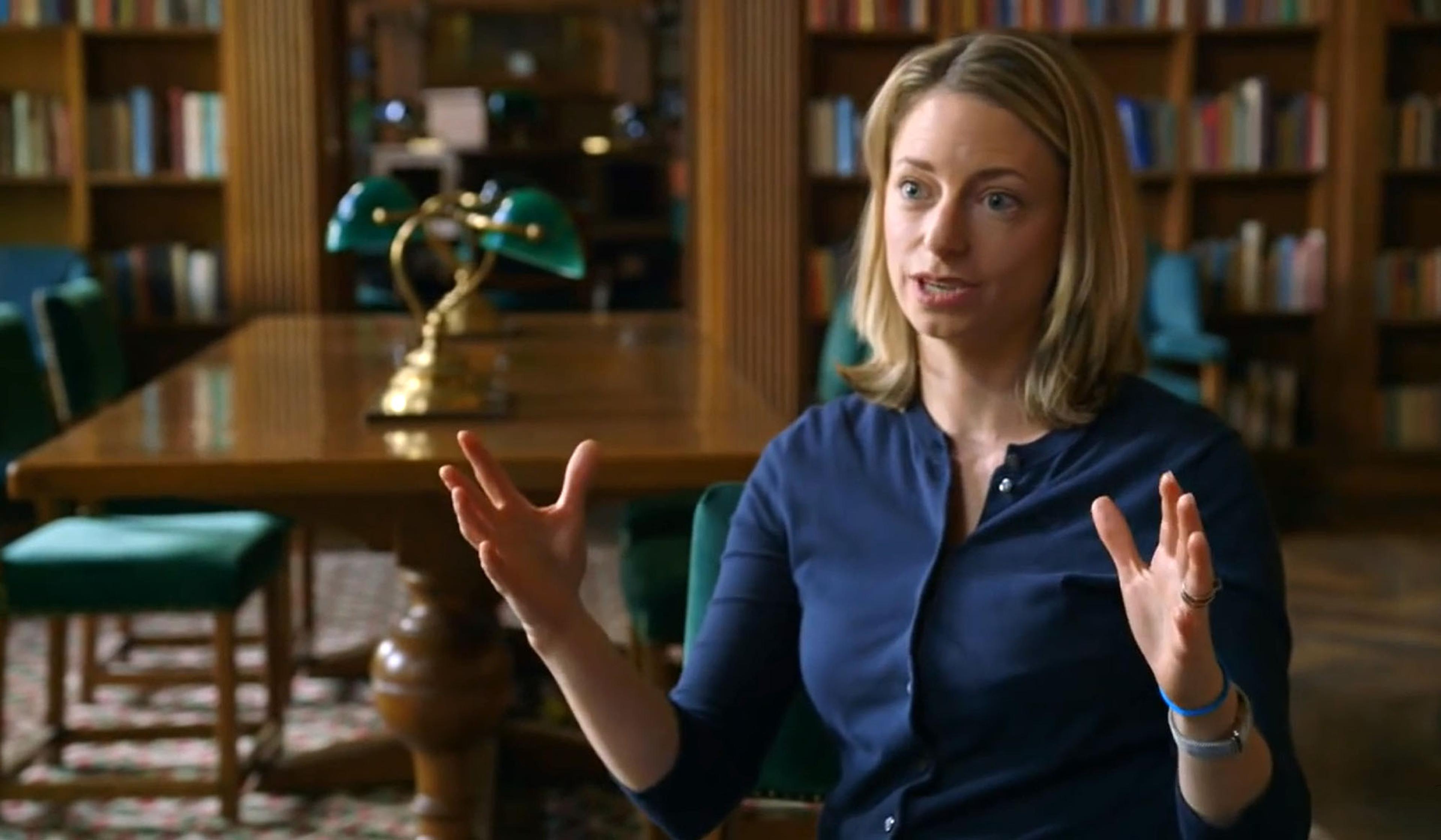
video
Neuroscience
The brain repurposed our sense of physical distance to understand social closeness
5 minutes
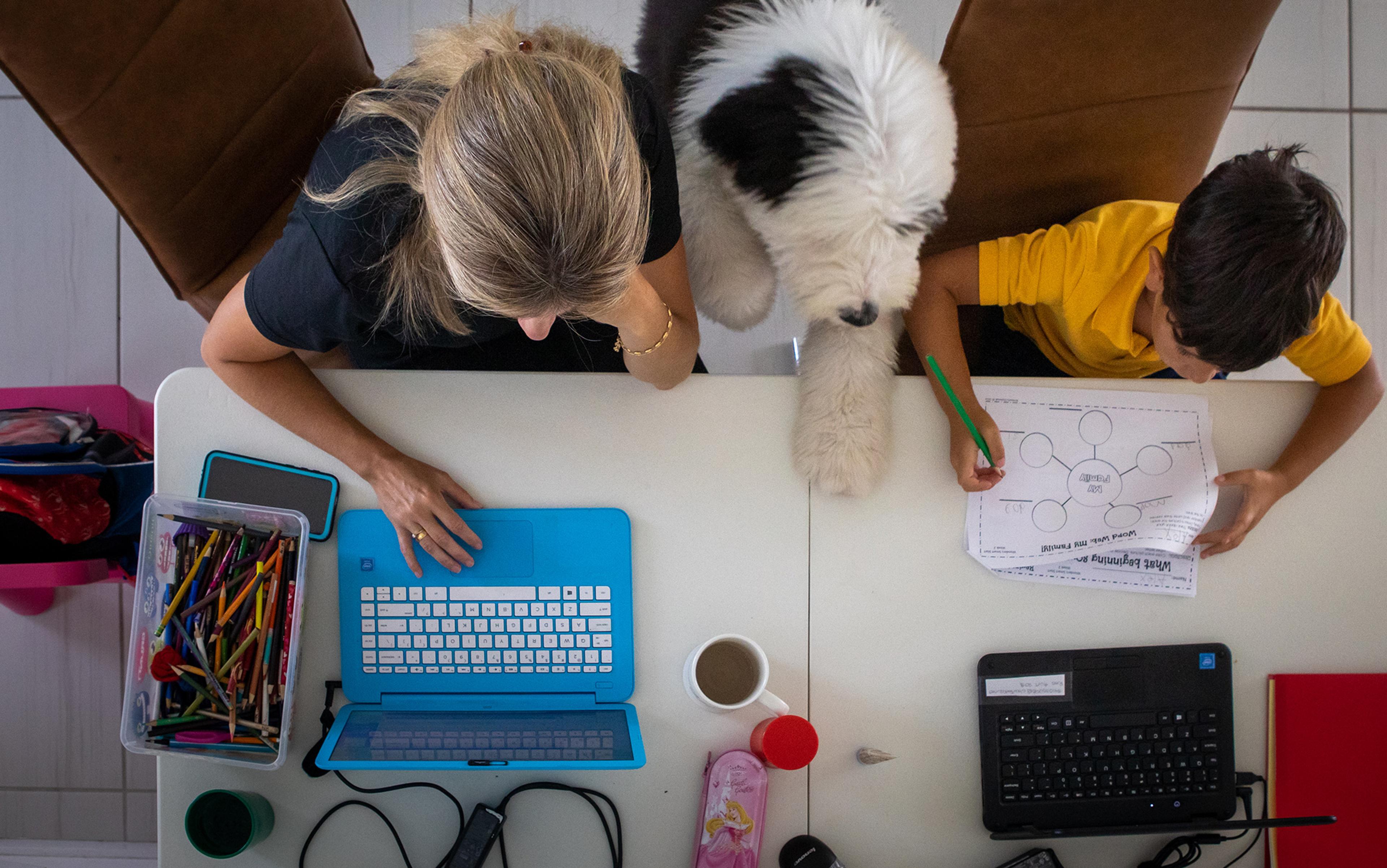
essay
Technology and the self
Help! Brain overload
As tasks mount up, our brain’s ability to juggle goes down. Neuroergonomic tactics can relieve the cognitive burden
Emily Willingham
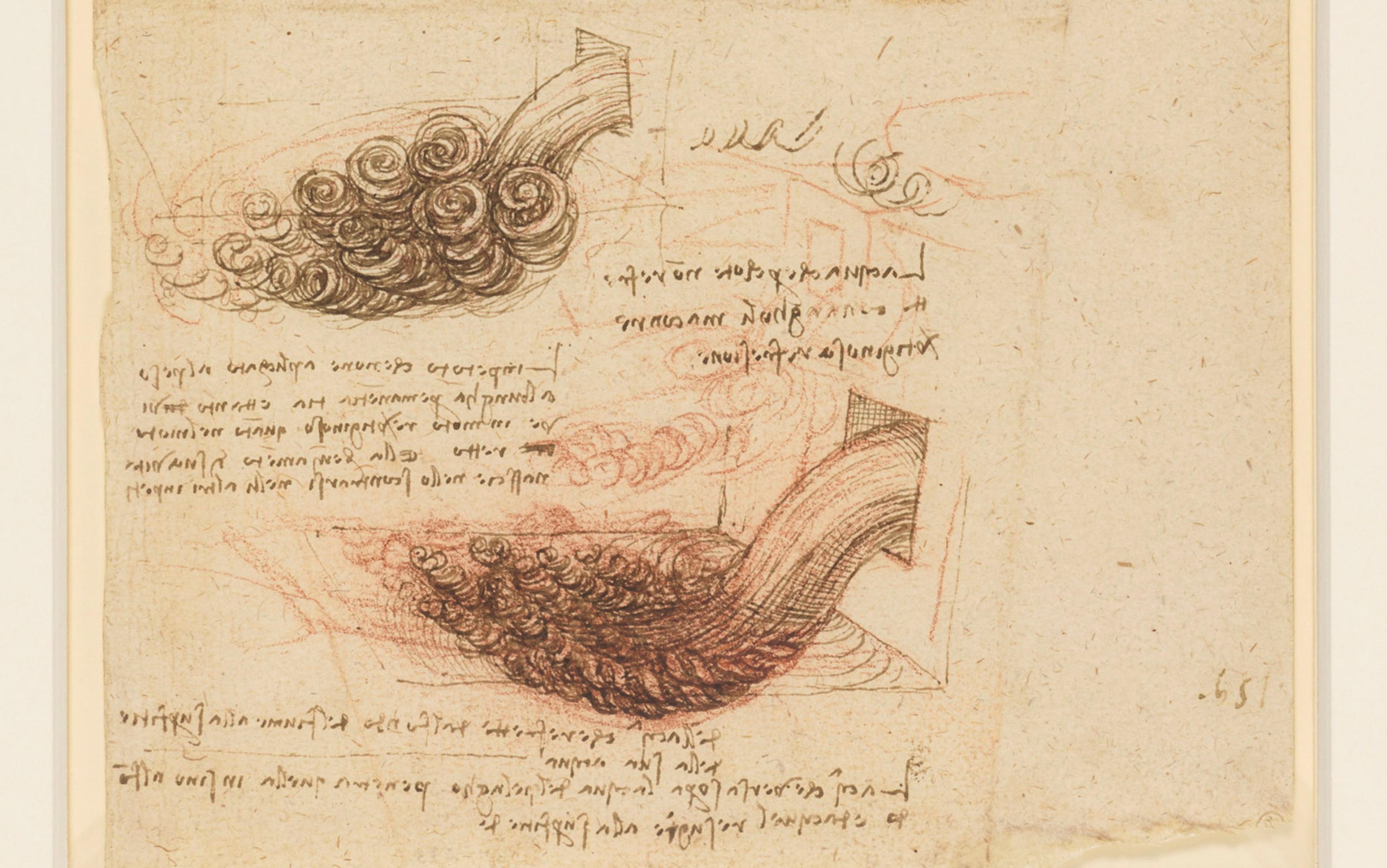
essay
Neuroscience
The turbulent brain
Energy flow between brain and environment drives the non-equilibrium that sustains life. Could turbulence help us thrive?
Morten L Kringelbach & Gustavo Deco
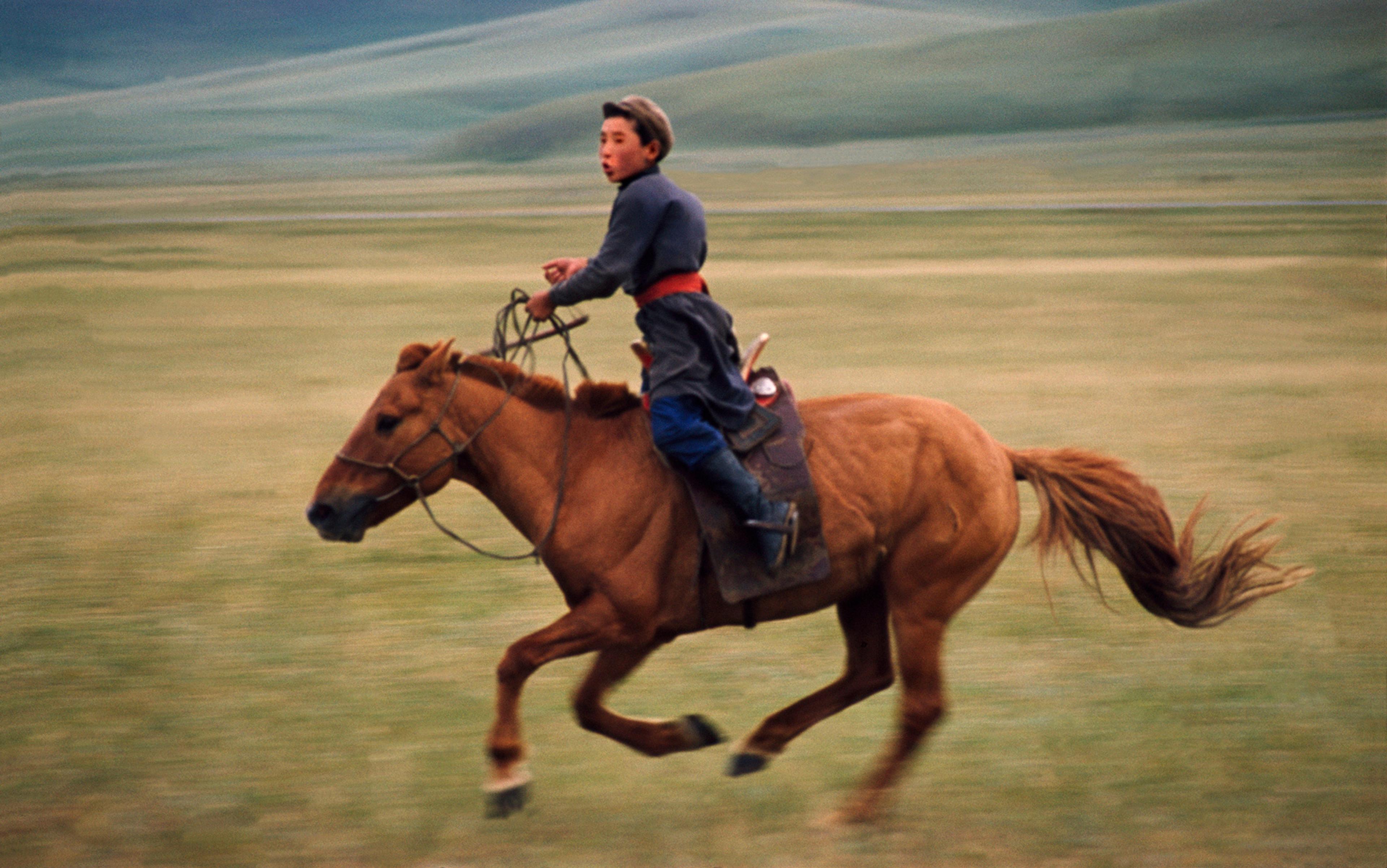
essay
Animals and humans
Becoming a centaur
The horse is a prey animal, the human a predator. Our shared trust and athleticism is a neurobiological miracle
Janet Jones
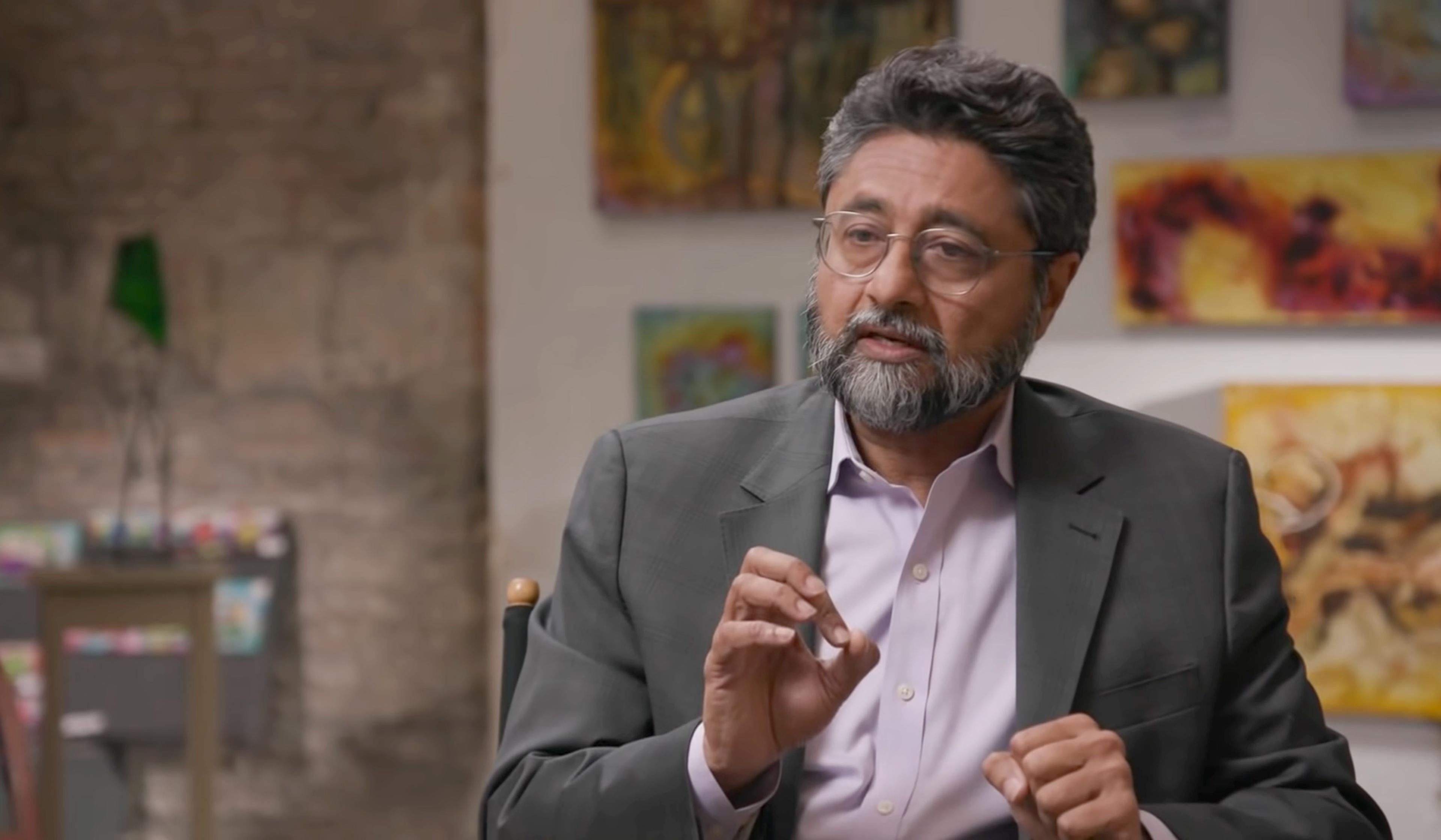
video
Neuroscience
Artists can flourish after brain damage. What does this say about neurology and aesthetics?
7 minutes
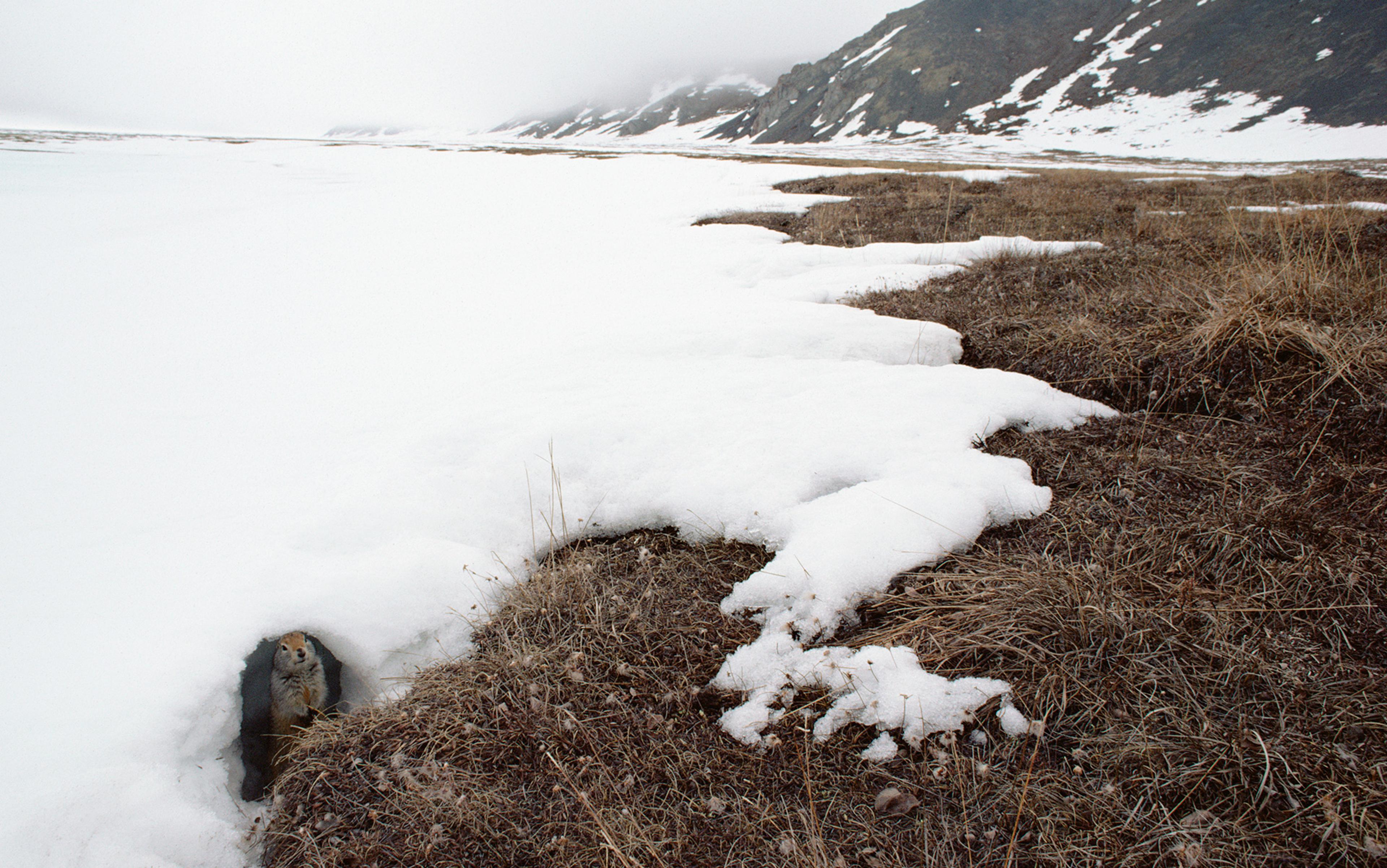
essay
Biology
Enduring memory
How can animals whose brains have been drastically remodelled still recall their kin, their traumas and their skills?
Thomas R Verny

essay
Cognition and intelligence
A theory of my own mind
Knowing the content of one’s own mind might seem straightforward but in fact it’s much more like mindreading other people
Stephen M Fleming
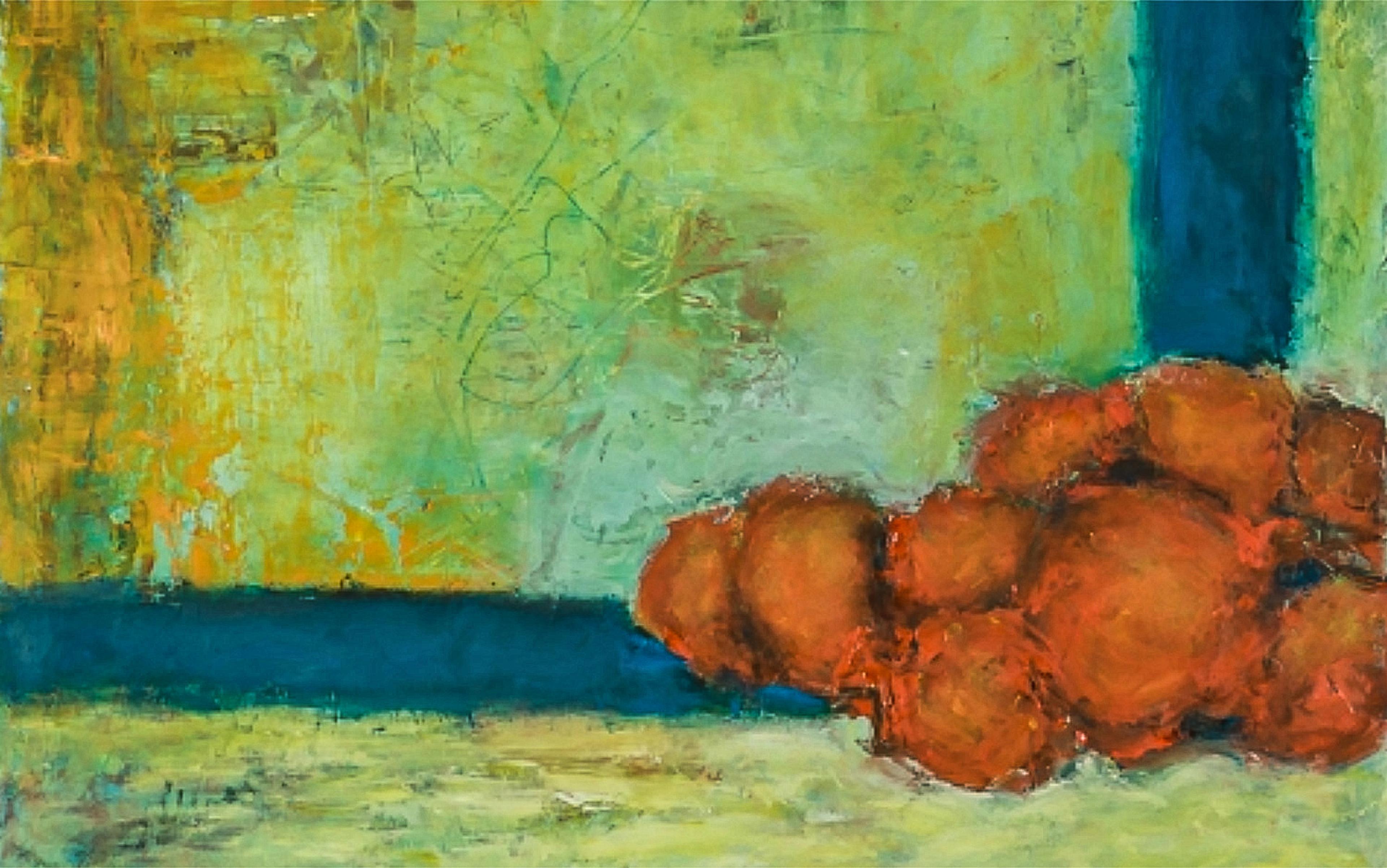
essay
Art
Art from a mind at sea
Louise’s Parkinsonism didn’t tamp her artistic drive, but exposed the link between perception, thought and creativity
Michael Stanley

essay
Life stages
The fog of grief
The five stages of grief can’t begin to explain it: grief affects the body, brain and sense of self, and patience is the key
April Reese
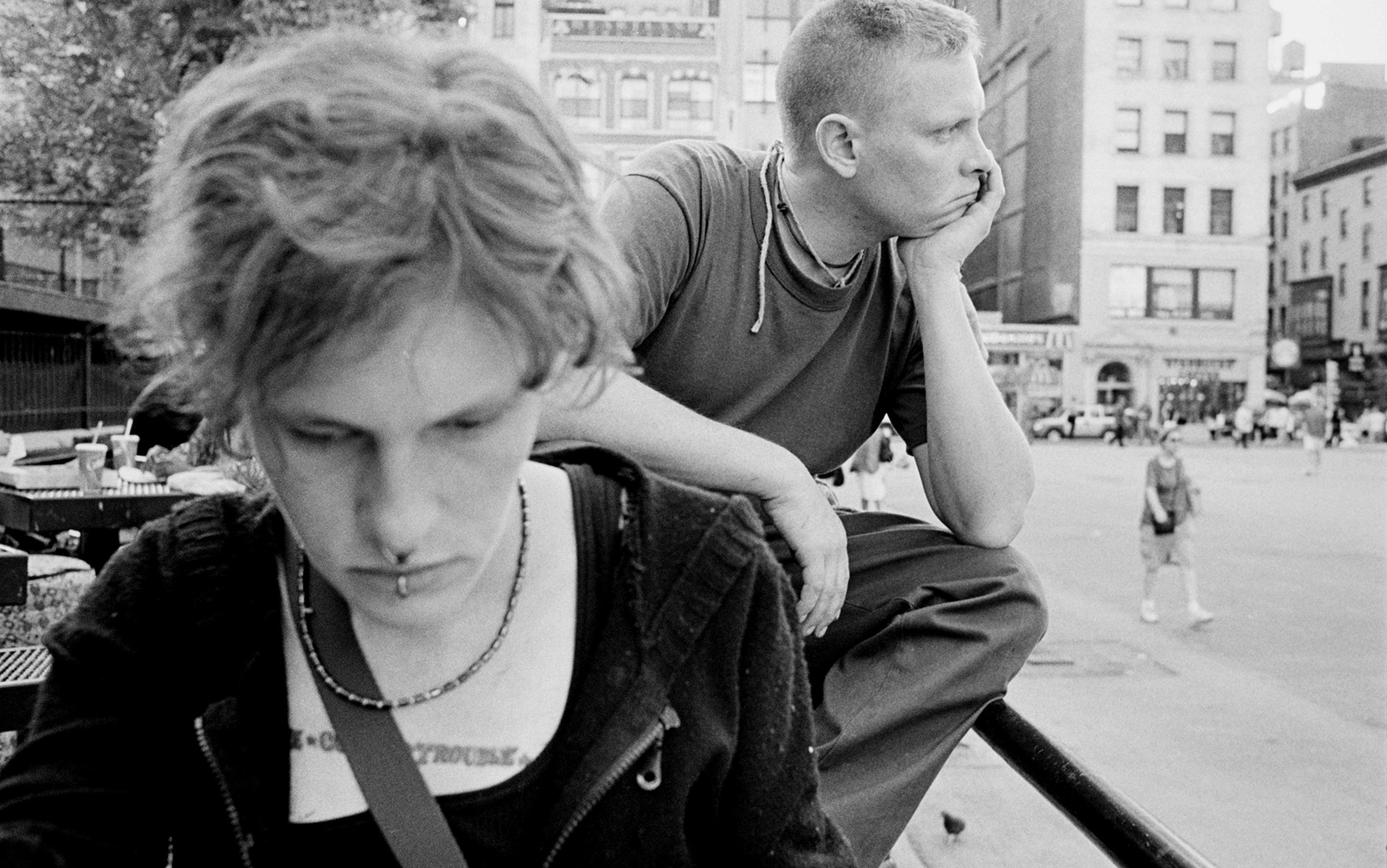
essay
Addiction
The addiction trap
Our inability to treat substance use disorders stems from a narrow-minded view that brains and genes are their real cause
Judith Grisel

essay
Childhood and adolescence
Attached
From cradle to grave, we are soothed and rocked by attachments – our source of joy and pain, and the essence of who we are
Mostafa El-Kalliny & Zoe R Donaldson
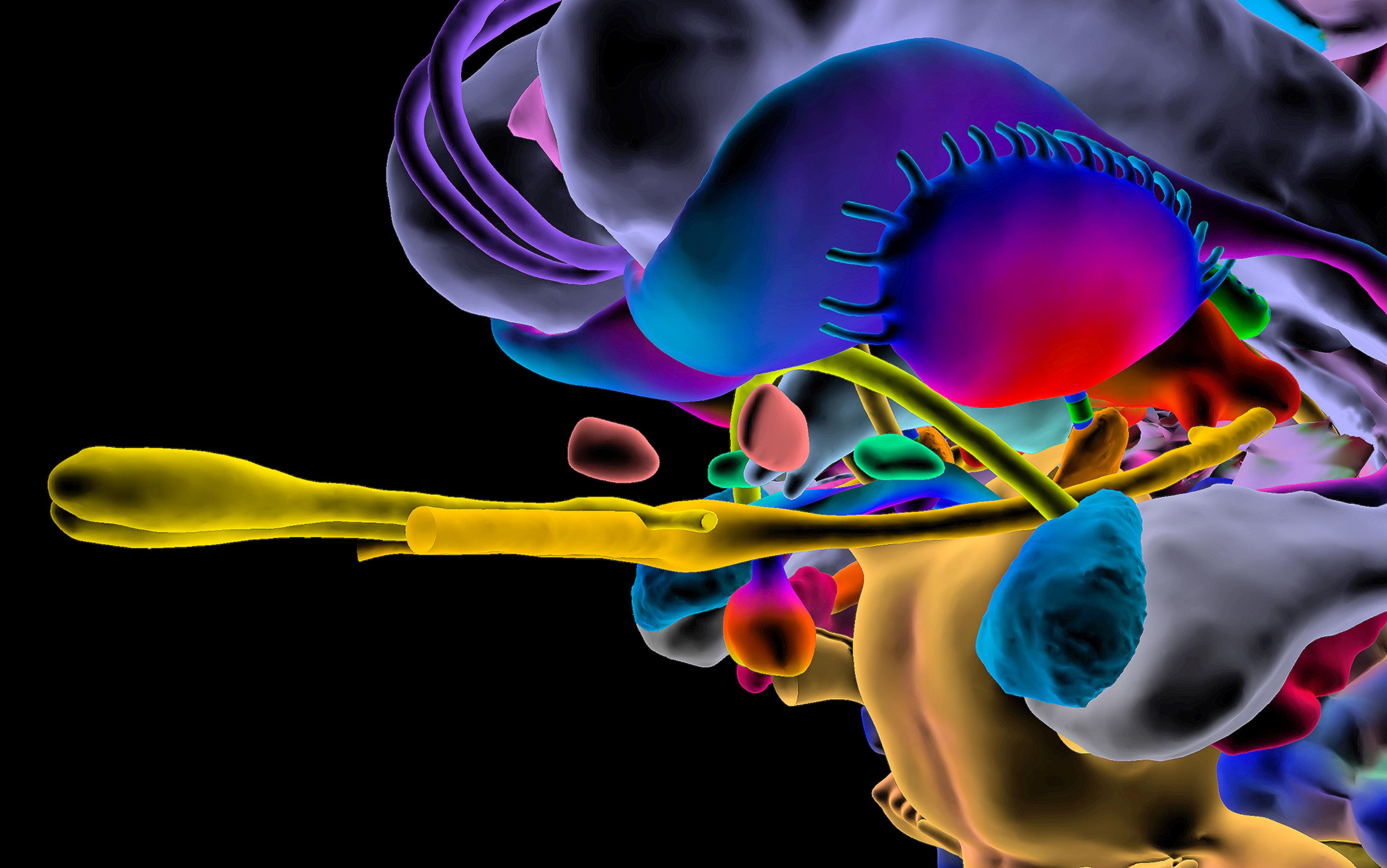
essay
Mental health
World wide open
Deep brain stimulation not only treats psychiatric disease – it changes the whole person, boosting confidence and openness
Julian Kiverstein, Erik Rietveld & Damiaan Denys
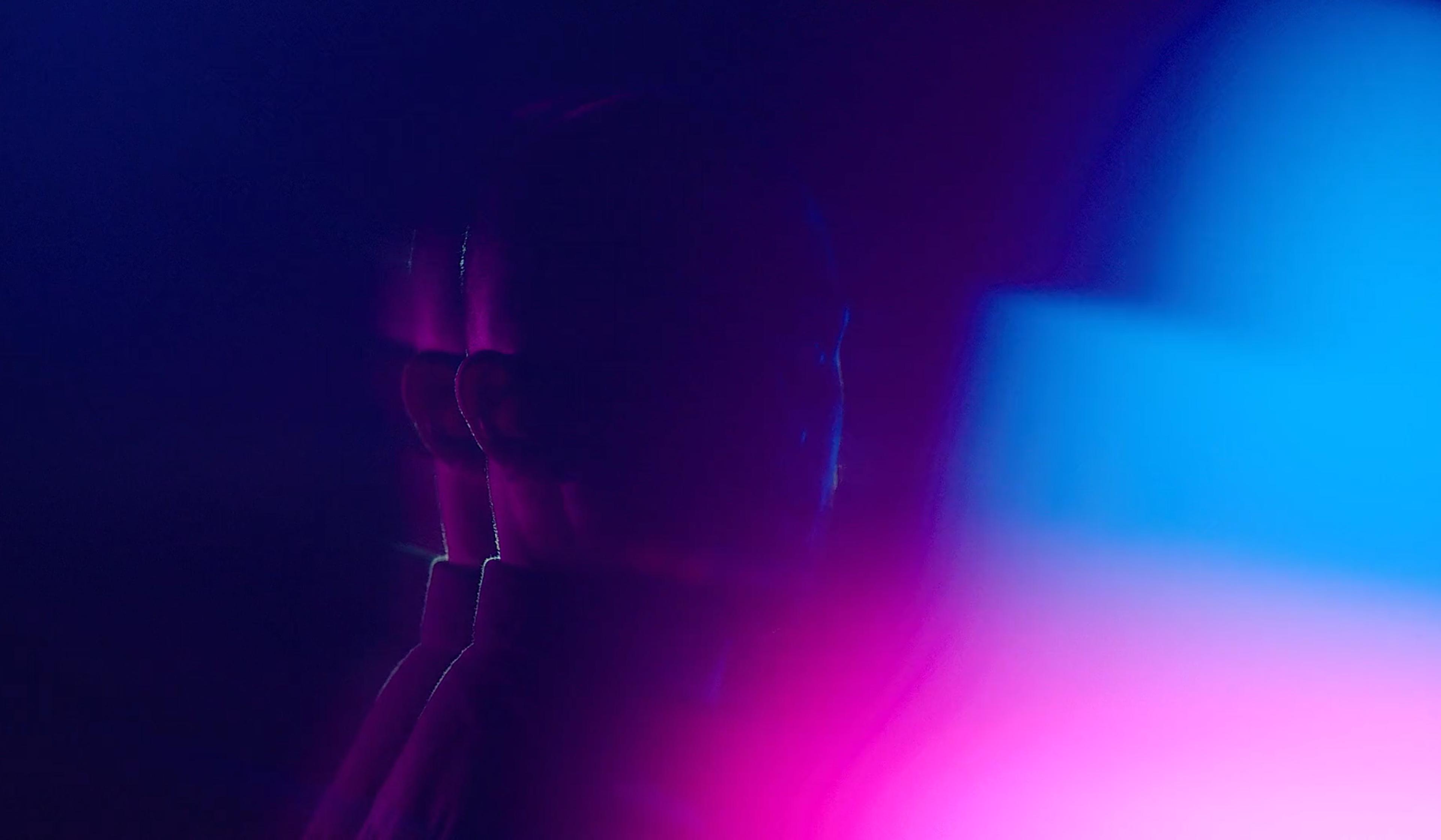
video
Neurodiversity
What it’s like to have aphantasia, the inability to visualise images in the mind’s eye
14 minutes